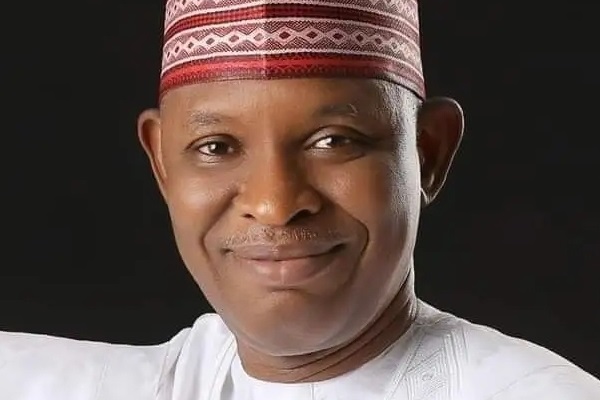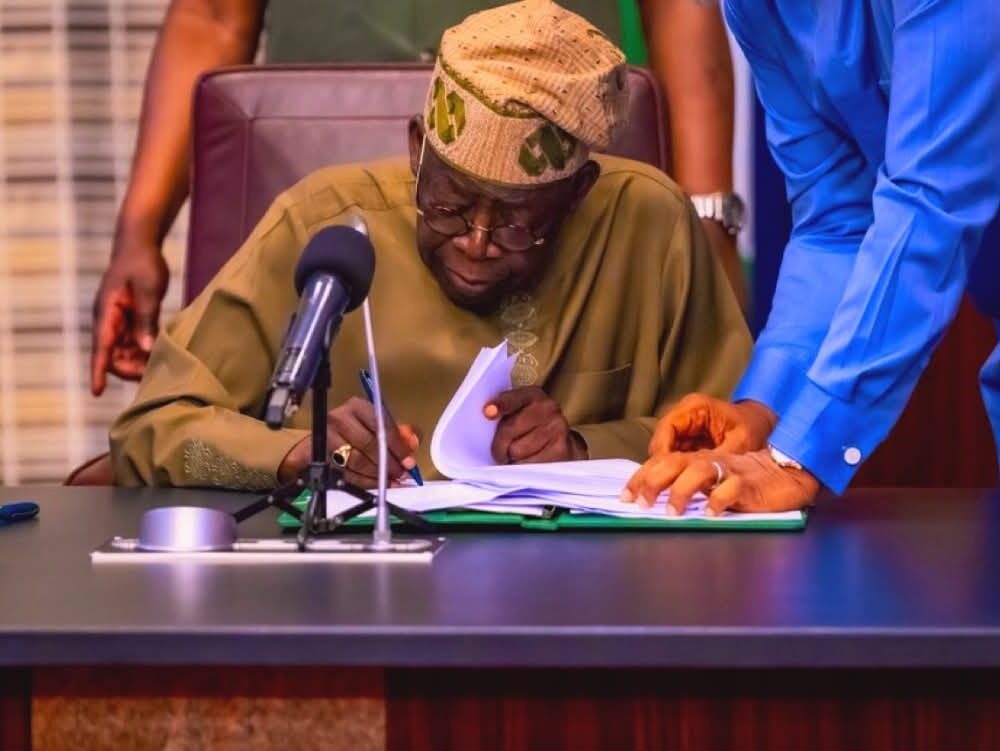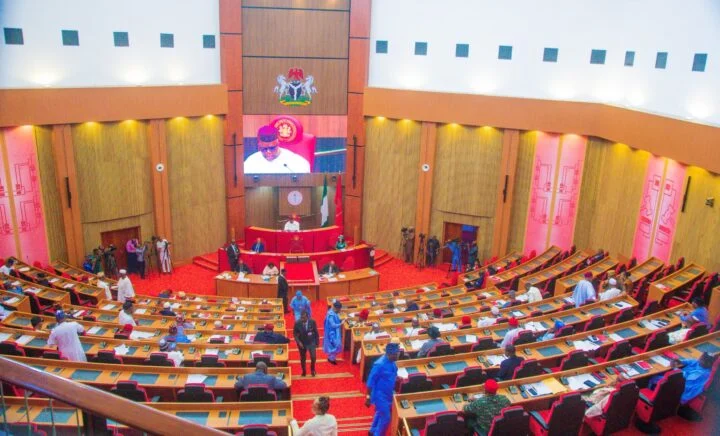The Kano State Government has introduced sweeping regulations aimed at controlling media content, drawing sharp criticism from civil society groups and political commentators who describe the move as a threat to free speech and democratic engagement.
The new directives were unveiled during a high-level quarterly stakeholders’ meeting convened by the Ministry of Information and Internal Affairs. The meeting, attended by media executives across the state, was presided over by the Commissioner for Information, Comrade Ibrahim Abdullahi Waiya.
According to a statement signed by Sani Abba Yola, Director of Special Duties at the ministry, the measures are intended to “safeguard Kano’s cultural and moral integrity” and foster a media environment rooted in responsible journalism.
Among the key provisions:
A blanket ban on live political programmes across radio and television.
A requirement that all media guests sign an undertaking to refrain from abusive, defamatory, or culturally offensive remarks.
A prohibition on provocative questions and gestures by programme presenters that could harm the image of the state.
Waiya commended media leaders for helping reduce the spread of “unethical content” and emphasized that the guidelines are not meant to stifle free expression but rather to uphold Kano’s social values.
Despite the government’s assurances, critics argued that the new rules are a veiled attempt to censor political opposition and curtail the media’s role in holding public officials accountable.
The government also disclosed that it had launched sensitization campaigns targeted at political broadcasters, media commentators, and religious leaders to promote what it described as “responsible communication.”
While some media executives expressed a willingness to cooperate with the government and improve content standards, others warned that such sweeping restrictions could undermine journalistic independence and democratic discourse in the state.





